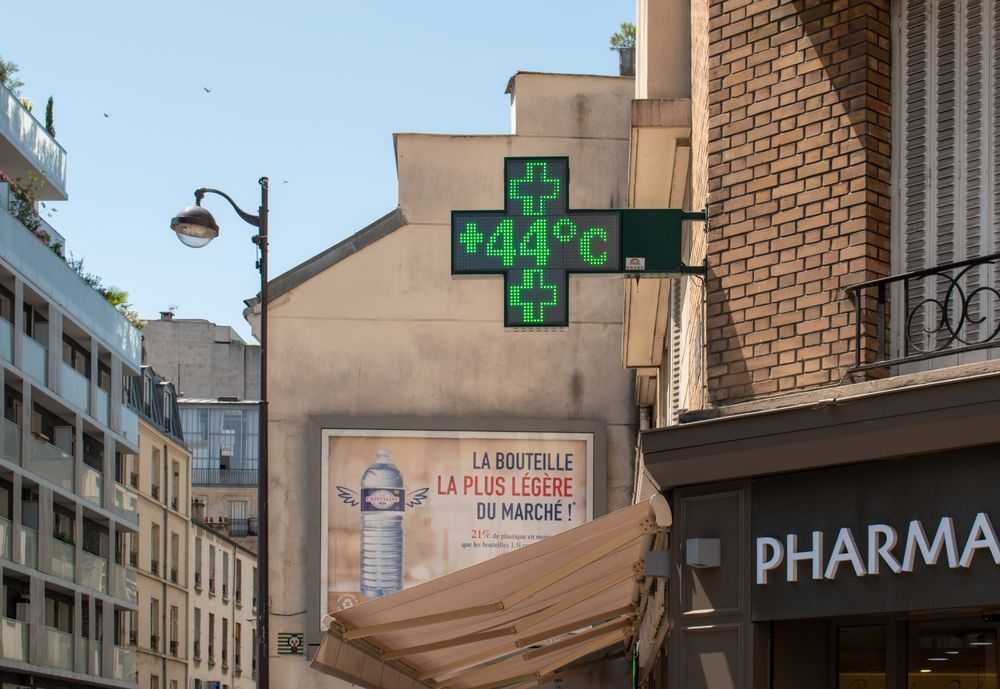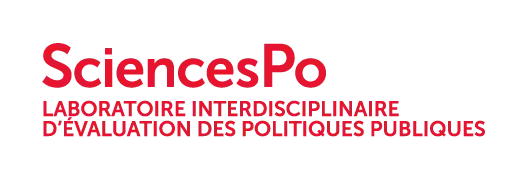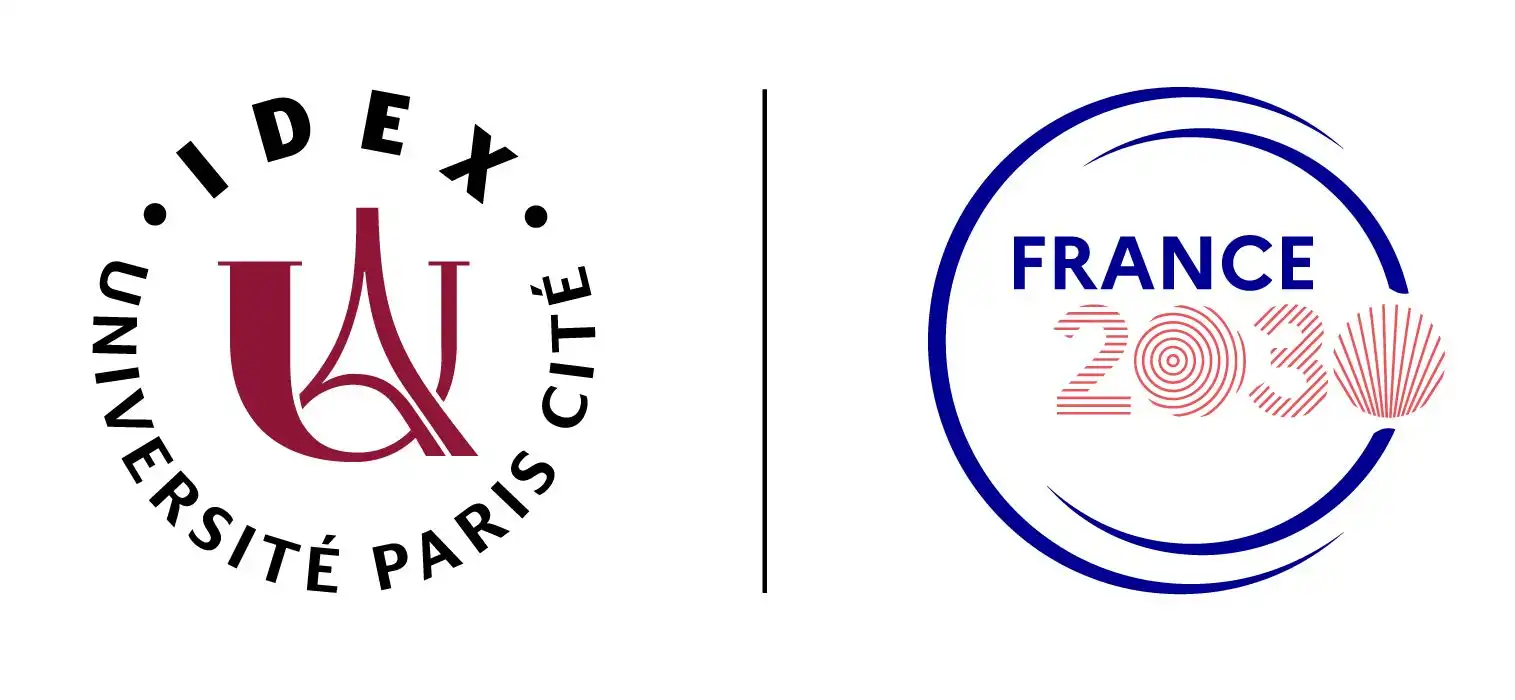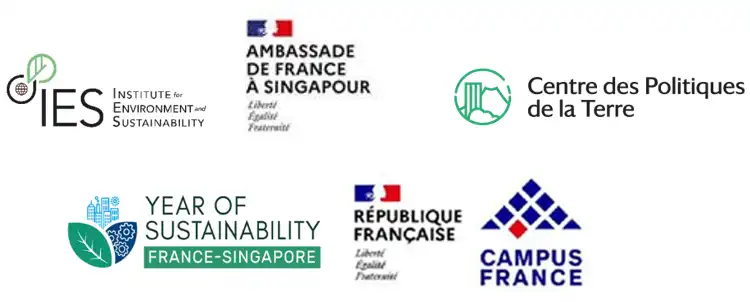Home>Programme - Workshop "Urban Heat Island and critical environmental thresholds: comparing the Singapore and the Ile-de-France Region"

17.09.2024
Programme - Workshop "Urban Heat Island and critical environmental thresholds: comparing the Singapore and the Ile-de-France Region"
Urban Heat Island and critical environmental thresholds: comparing the Singapore and the Ile-de-France Region
Workshop organized by NERI (NUS) and LIEPP’s environmental policies research group (Sciences Po, Universi
té Paris Cité) with the support of the 2024 PHC Merlion programme and in partnership with the Institute for Environment and Sustainability (NUS) and the Centre for Earth politics.
Paris, 25-27 September 2024
PRESENTATION:
Urban warming is expected to increase in the context of climate change, with dramatic effects on urban social and natural
ecosystems. Bringing together a diverse range of disciplines, with scientist from both the academic and the policy fields, in Singapore and the Paris Ile-de-France Region, this Merlion workshop aims at examining how the Urban Heat Island phenomenon has been approached by science and policymakers, in the process of attuning the experimental findings to the imperatives brought by climate change and city life.
It does so by comparing two large metropolitan areas, Singapore and Paris Ile de France region, through the following sets of questions:
- Are ecosystemic imperatives and city development objectives compatible overall today?
- Supporting business-as-usual approaches or initial environmental responses from the 2000s has become increasingly challenging in the face of enhanced scientific knowledge and tangible critical thresholds of climate change. How can local government and city environments navigate the formidable challenge of rising temperatures and today’s better-known consequences? What specific measures are being considered and implemented in Singapore and in the Paris Region?
- The Urban Heat Island effect has been studied across different disciplines, yet: What do we know and what are the remaining blind spots? How can these be addressed through interdisciplinary research? What efforts are needed to bridge the gap between scientific knowledge, policy processes and governance?
Combining social and experimental sciences, distinct methodological approaches, and ultimately different vantage points, the workshop brings about a non-traditional enquiry line that have already shown potential in previous collaborations under the Paris-NUS programme. The current research and takeaways from practitioners that have already taken place in the two cities, both separately and in cooperation, provides an ideal departing base. The workshop also includes dedicated time to engage with policy makers, experts, and the student community. Some sessions will be organized in a hybrid mode to congregate a substantive participation from colleagues and students in Singapore and other distant locations.
More specifically, this workshop will bring together the knowledge and expertise of LIEPP’s environmental po
licies research group and NUS, in order to achieve the following objectives:
1. To assess the disconnect between ambitious environmental policy objectives and their enactments through UHI related plans and the selection of scientific triggers and thresholds;
2. To explore the disruptive impact of new science, technologies and stakeholders and the extent to which the issue of UHI has changed in relation to these;
3. To examine evolving environmental policy capacities in both Paris IDF and Singapore (whereas relating to national or local governance) in relation to setting local climate action plans that address urban heat;
4. To carry out this research in a highly interdisciplinary environment, to lay the foundations for a joint exploration of UHI and its impacts by bringing together Earth sciences, Engineering and Social sciences and Humanities.
Workshop co-hosts: Charlotte Halpern (Sciences Po, CEE and LIEPP) and Lup Wai Chew (NERI and Department of the Built Environment, NUS)
Organising committee : Alvaro Artigas (research associate at Sciences Po, CEE), Nathalie Blanc (CNRS, LADYSS & Centre des politiques de la terre), Alexandre Gelabert (Aix Marseille Université, CEREGE), Martin Hendel (ESIEE Paris, LIED, LIEPP), Andreana Khristova (LIEPP, Sciences Po), Lai Yoke Lee, (NUS, NERI), Anne-Sophie Milon (Centre des politiques de la terre, Université Paris Cité), Sanjay Swarup (NERI and Department of Biological Sciences, NUS).
Contact: charlotte.halpern@sciencespo.fr
PROGRAMME:
Day 1 – September 25th
Sciences Po Campus
Location: Salons scientifiques, 1 place Saint Thomas d'Aquin, 75007, Paris.
8.30 Arrival
9.00 Welcome
9.10-9.30 Introduction
• Charlotte Halpern (Sciences Po, CEE, LIEPP)
• Lup Wai Chew (NERI and Department of the Built Environment, NUS)
9.30-10.15 Keynote session
• Sanjay Swarup (NERI and Department of Biological Sciences, NUS): “Ecosystem Services Approach for Managing Urbanization and Climate Challenges”
• Q&A from the audience, facilitated by Charlotte Halpern
10.15-10.30 Coffee Break
10.30-12.30 Session 1: UHI and nature in the city: the role of thresholds
Chair: Martin Hendel (ESIEE Paris, LIED, LIEPP)
• Nyuk Hien Wong (NERI and Department of the Built Environment, NUS) (online): “Development of
a Framework for Assessment and Monitoring of UHI”
• Céline Clauzel (LADYSS, Université Paris 1 Panthéon Sorbonne): “Greening the city to strengthen ecological connectivity for biodiversity”
• Thomas Lauvaux (LSCE – IPSL, CNRS): “Determination of greenhouse gas fluxes and uncertainty bounds is essential for the evaluation of the effectiveness of mitigation strategies”
• 11.30-12.30 Panel discussion and Q&A from the audience
12.30-14.00 Light lunch
14.00-15.00 Session 2, Part 1: Interactions between heatwave and other climate change disrupting patterns from a comparative perspective
Chair: Alexandre Gelabert (Aix Marseille Université, CEREGE)
• Lup Wai Chew (NERI and Department of the Built Environment, NUS): “Does heatwave exacerbate urban heat island intensity?”
• Simone Kotthaus (Ecole Polytechnique, IPSL, LMD): “Atmospheric dynamics and their impact on the nocturnal urban heat island”
• 14.40-15.00 Panel discussion and Q&A from the audience
15.00-15.15 Coffee Break
15.15-16.45 Session 2, Part 2:
Chair: Charlotte Halpern (Sciences Po, CEE & LIEPP)
• Alvaro Artigas (Sciences Po, associate researcher CEE): “The aggregation of scientific knowledge on GHG inven
tories and heatwaves: which interactions within the policy making process?”
• Julia Hildago (LISST- CNRS): “The impact of UHI on housing policies from an urban climatology and meteorology perspective”
• Xiaogang He (Department of Civil and Environmental Engineering, NUS): “Building a Climate Intelligent Singapore to Withstand Future Droughts and Floods”
• 16.15-16.45 Panel discussion and Q&A from the audience
16.45-17.30 Keynote session
• Marco Tedesco (Columbia University): “Indices to better characterize the potential climate impact of climate hazards: the case of NY City, combining different climate hazards, socio-economic datasets, and displacement”
• Q&A from the audience, facilitated by Charlotte Halpern (Sciences Po, CEE & LIEPP)
Day 2 – September 26th
Université Paris Cité, Les Grands Moulins
Location: 5 rue Thomas Mann, 75013, Paris.
8.30-10.15 Hybrid Public event - UHI: knowledge, thresholds, action.
Chair: Nathalie Blanc (CNRS, LADYSS, CPT, Université Paris Cité)
• Martin Hendel (ESIEE Paris, LIED, LIEPP): “Adapting to climate change in cities: from emergency cooling techniques to transformative actions”
• Jiat-Hwee Chang (Department of Architecture, NUS): “Thermal Governance in Urban Asia”
• Luce Ponsar (Ingénieure territoriale, Former Director of the Climate Plan, Métropole du Grand Lyon, 2013-2023): “From the phenomenon of Urban heat islands to the birth of a policy of adaptation to climate change”
• 9.45-10.15 Panel discussion and Q&A from the audience, facilitated by Nathalie Blanc
10.15-10.30 Coffee break
10.30-12.30 Session 3: Enabling UHI mitigation and adaptation programs
Chair: Anneliese Depoux (Université Paris Cité, LIEPP, CPT)
• Alexandre Gelabert (Aix Marseille University, CEREGE): “Biomarkers related to anthropic activities in microbial communities”
• Yuming Fu (School of Business, NUS): “Integrated UHI Adaptation: Technology Choices and Governance”
• Ivonne Albarus (formally LSCE, now IPCC): “Bridging political pledges and Physical observations: Quantification and high spatial resolution projection of urban climate policies in the Paris Ile de France Region”
• Amandine Rosso or Olivier Sanchez (Airparif): “The challenge of monitoring the impact of UHI on air quality”
• 11.30-12.30 Panel discussion and Q&A from the audience
12.30-13.30 Light lunch
Location: Sciences Po Campus
Salle 931, 9 rue de la Chaise, 75007, Paris.
17.30-19.00 Keynote session
• Ben Cashore (IES, LKYSPP, NUS): “The anticipatory policy designer’s paradox: managing for simultaneous change and durability”
• Q&A from the audience, facilitated by Philippe Bezes (CNRS, Sciences Po, CEE) and Charlotte Halpern (Sciences Po, CEE and LIEPP)
Day 3 – September 27th
Sciences Po Campus
Location: Salle Goguel, 27 rue Saint Guillaume, 75007, Paris.
8.30-10.15 Hybrid Public event: Mitigating the socio-spatial impacts of UHI
Chair: Alvaro Artigas (associate Sciences Po, CEE)
• Nathalie Blanc (CNRS, LADYSS, CPT, Université Paris Cité): “Terrestrial habitability in the context of climate change”
• Liya E. Yu (NERI and Department of Civil and Environmental Engineering, NUS) (online): “Air quality of tropical urban environment: Outlook and challenge”
• 9.30-10.15 Panel discussion and Q&A from the audience
10.15-10.30 Coffee break
10.30-12.30 - Session 4: Policy responses from across different sectors
Chair: Tommaso Vitale (Sciences Po, CEE, Urban school)
• Sebastian Sewerin (IES), LKYSPP, NUS): “Bottom-up pathways to paradigmatic change”
• Charlotte Halpern (Sciences Po, CEE, LIEPP): “Delivering on carbon emissions reduction objectives in the urban mobility sector: Addressing multiple implementation gaps”
• 11.45-12.30 Panel discussion and Q&A from the audience
12.30-13.00 Conclusive Remarks
• Charlotte Halpern (Sciences Po, CEE, LIEPP)
• Lup Wai Chew (NERI and Department of the Built Environment, NUS)
13.00 – End of workshop





(credits: Shutterstock / StudioPhotoLoren)
